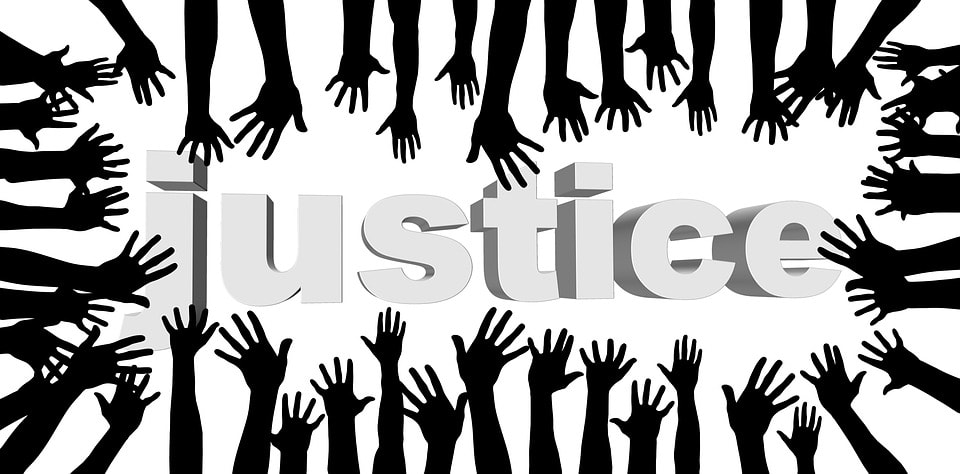So what is an embryo, a fetus, or the unborn inside a human woman? There are two things we can say for sure. First, it is a unique human. It is not just a part of the mother, as the embryo's DNA is distinct. It is not just a part of the father, as the fetus's DNA is distinct. It's also not an incomplete human. We were never made up of an embryo or a fetus, we once were the embryo or the fetus. The unborn has its own unique identity, and as like begets like, it has its own unique human identity.
Not only is the embryo a unique human being, but it is a unique, living human being. Upon conception, the embryo is a totipotent cell which has all the information it will ever have, and will use that information to undergo cell division, cell differentiation, and growth. There is no getting around the absolute fact that an embryo is its own unique, living human. Despite this clear fact, some attempt to create distinctions between embryos and children who have undergone birth. There are four essential areas in which this distinction is made, and can be easily remembered with the acronym SLED.
Size: Embryos and the unborn are significantly smaller in size than humans outside the womb. While this is undeniable, the question is how size could add value to someone we have identified as human. Do taller persons have more value than shorter ones? If so, men are then statistically more valuable than women. Such an idea is foolish. The intrinsic value of a human comes from the fact that they're a living human, not that they have a particular size.
Level of Development: A fetus is clearly less developed than humans who have been born. A fetus is less physically developed, less mentally developed, and less socially developed. All of that is true. But once again, this distinction cannot matter or we must say that those who are more developed outside the womb have more value. Are we willing to say that some of Hitler's ideas about eugenics (killing and experimenting on the mentally and physically handicapped) are warranted because those individuals were of less value? Are we willing to say, like some in New Zealand, that we can kill our infants or toddlers because they aren't developed yet, and therefore not valuable? We know this is ridiculous. Value is tied to humanity, not our intelligence, social capacity, physical features, etc.
Environment: Another major difference between the unborn and those who have been born is their environment. The unborn reside within their mothers, whereas those who have been born do not. But are we ready to say that one's location negates their intrinsic value? If I traveled to Syria and was killed by ISIS - who doesn't value my life - does that mean what they did to me in Syria was ok? Or is my value attached to me, and others can be mistaken about it? Is a child or woman who is raped in a culture where rape is socially acceptable or overlooked deserving of that rape and undeserving of justice? Or is her value attached to her so that no matter where she goes, she is worthy of her dignity? Should we really feel all that bad for blacks who were slaves in the 1700's, in a time and place where blacks held less value in the eyes of many? Or do we recognize that regardless of physical or temporal location, the value of humans holds constant? Human value is intrinsic. It can't be stripped by our environment. And if those in any environment - past, present, or future - don't recognize the value of human life, we don't say this takes away human value, we call their actions unjust.
Degree of Dependency: The unborn are undoubtedly more physically dependent on another human being, as can be seen by their direct attachment to their mothers through the umbilical cord. However, this level of dependency in no way negates their value as humans. If they are humans and humans are valuable, then their dependence on another doesn't take away their value. If dependency did take away value, we would have to ask, then, how infants, toddlers, and even some older children (or the mentally challenged) were as valuable as adults. Nursing infants require more than their mother's attention, they require her energy and her body. Many kids under 5 wouldn't last too long without another adult who could take them places, get them food, provide them with shelter, etc. Are we willing to say that a child doesn't have value until they can survive without another adult?
It is painfully clear that the unborn are unique, living human beings, and that human beings are valuable because of what they are, not because of their fulfilling of a certain set of requirements. Humanity confers value, not size, level of development, environment, or degree of dependency. If one disagrees, they then have a very difficult platform from which to argue human rights, equality, and altruism, and they have a difficult time explaining why they don't align with some of the abhorrent aspects of eugenics we have seen enacted in the last 150 years.
2. How to Determine Value and Rights: What quality and types of qualities confer rights and value to an individual?
3. Justified Reasons for Taking Human Life: What justifies the taking of human life?
4. Unjustified Reasons for Taking Life: What reasons fail to justify the taking of human life?
5. Bad Christian Arguments and Witness: Common pro-life/Christian arguments and actions which can undermine the pro-life position.
6. Counterrebuttals: A response to significant objections to the pro-life arguments.
7. Conclusion:
8. Resources:




 RSS Feed
RSS Feed